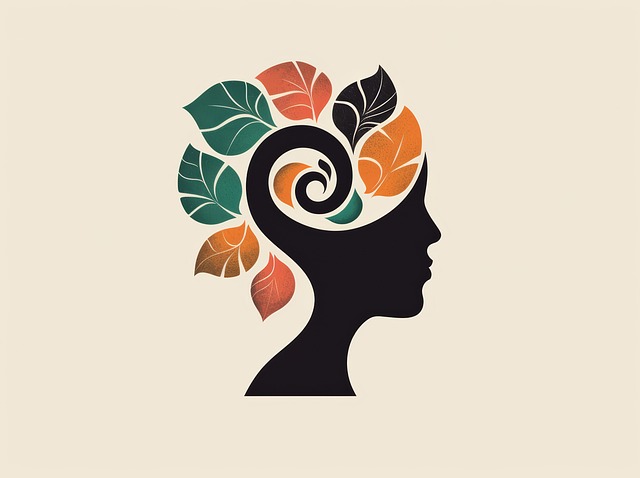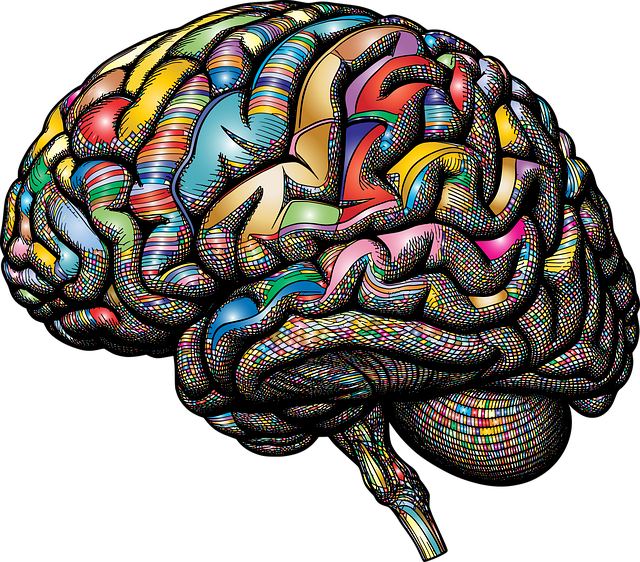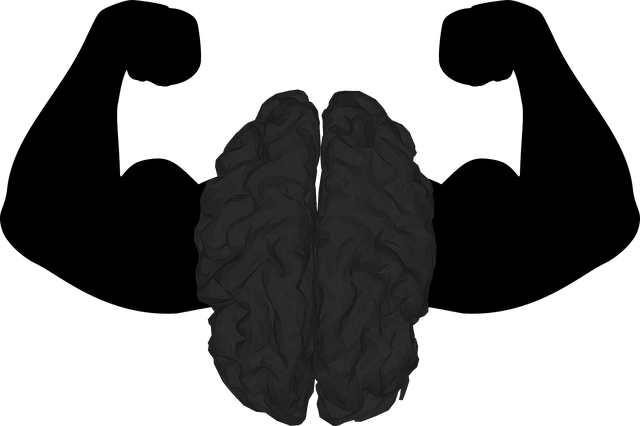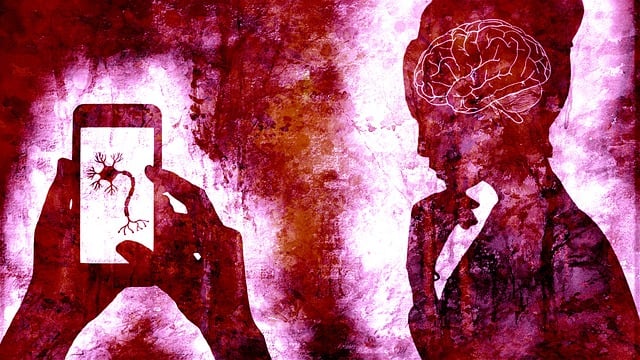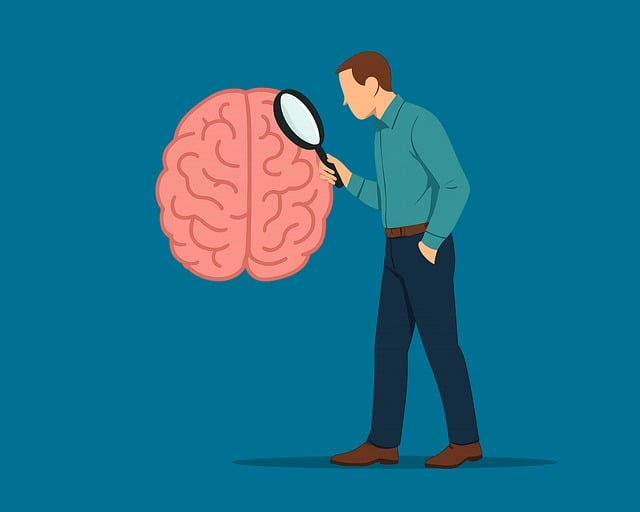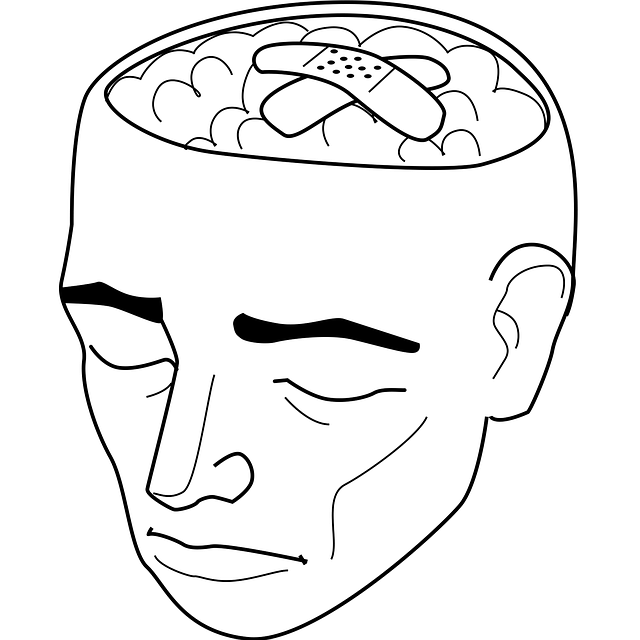The current mental illness diagnosis process struggles with subjectivity, leading to misdiagnosis or delayed treatment for conditions sharing similar symptoms. To address this, Centennial International Adoptions Therapy (CIAT) offers an innovative approach focusing on compassion cultivation and self-care. CIAT combines clinical interviews, evidence-based tools, and inner strength development to enhance diagnostic accuracy and prevent therapist burnout. By integrating advanced techniques like Mindfulness Meditation and Stress Management, it ensures personalized care tailored to individual needs, improving treatment effectiveness and patient outcomes for better overall mental health.
Mental illness diagnosis accuracy has long been a subject of concern, with common challenges impeding effective treatment and negatively impacting patient outcomes. In light of this, efforts are more crucial than ever to enhance diagnostic clarity. This article explores the current landscape of mental health assessment, delving into specific hurdles that hinder precision. We introduce the Centennial International Adoptions Therapy (CIAT), a revolutionary approach backed by successful case studies. Furthermore, it discusses strategies for improved accuracy, emphasizing technology integration, professional training, and patient empowerment through advocacy and self-awareness initiatives.
- The Current Landscape of Mental Illness Diagnosis
- – Exploring common challenges in diagnosis accuracy
- – Impact on patient care and outcomes
The Current Landscape of Mental Illness Diagnosis

The current landscape of mental illness diagnosis is a complex web of challenges and opportunities. Traditional methods often rely on subjective assessments, where healthcare professionals gather information through interviews and questionnaires to make diagnoses. While this approach has its merits, it can also lead to misdiagnosis or delayed treatment, especially for conditions that share similar symptoms. This gap in accurate identification has spurred various initiatives aimed at enhancing diagnosis procedures, including the integration of innovative therapies like Centennial International Adoptions Therapy (CIAT).
CIAT, with its focus on compassion cultivation and self-care practices, offers a unique perspective on mental health treatment. By emphasizing these skills, individuals can gain better insight into their emotional states, fostering a sense of control and resilience. This proactive approach to mental wellness complements traditional therapy methods and may contribute to more precise diagnoses by empowering individuals to actively participate in their healing process. Additionally, self-care practices promote overall well-being, which is essential for maintaining stability and preventing relapses, ultimately improving long-term outcomes.
– Exploring common challenges in diagnosis accuracy

Diagnosing mental illnesses accurately is a complex process often hindered by several challenges. One significant barrier is the vast spectrum and complexity of mental health conditions themselves. Symptoms can overlap, vary across individuals, and even change over time, making differentiation between disorders difficult. For instance, depression and anxiety share numerous overlapping symptoms, yet crucial differences exist that must be carefully discerned for an accurate diagnosis.
Centennial International Adoptions Therapy highlights the importance of comprehensive assessment strategies. This includes not only clinical interviews but also leveraging evidence-based tools and measures to capture the nuances of mental health experiences. Additionally, fostering inner strength development and implementing self-care routine development for better mental health can enhance diagnostic accuracy by empowering individuals to articulate their struggles more effectively during therapy sessions. Moreover, preventing burnout among therapists is essential, as fatigued or overwhelmed practitioners may introduce biases that negatively impact diagnosis.
– Impact on patient care and outcomes

The accuracy of mental illness diagnoses is paramount for patient care and outcomes. Inaccurate or delayed diagnoses can lead to inappropriate treatments, mismanaged expectations, and even prolonged suffering. For instance, a patient struggling with anxiety might be misdiagnosed as depressed, receiving ineffective antidepressants while their underlying issue remains unaddressed. This not only prolongs their distress but also erodes trust in the healthcare system. Organizations like Centennial International Adoptions Therapy are at the forefront of these efforts to improve diagnosis accuracy by integrating advanced therapeutic techniques such as Mindfulness Meditation and Stress Management into their practices.
Centennial International Adoptions Therapy recognizes that precise diagnoses are key to tailoring effective treatment plans. By promoting Mood Management through evidence-based practices, they ensure that each patient receives personalized care aligned with their specific mental health needs. This holistic approach not only enhances the effectiveness of treatments but also fosters better patient outcomes and improved quality of life.
Mental illness diagnosis accuracy has long been a complex issue, but with efforts from organizations like Centennial International Adoptions Therapy, significant strides are being made. By enhancing diagnostic tools and promoting specialized training, we can ensure more precise evaluations, leading to improved patient care and ultimately better outcomes. These improvements are crucial in navigating the intricate landscape of mental health, fostering a more supportive and effective healthcare system for all.
